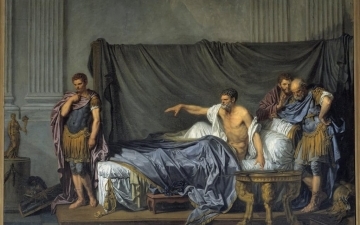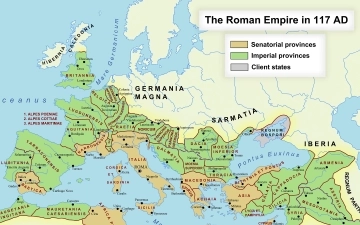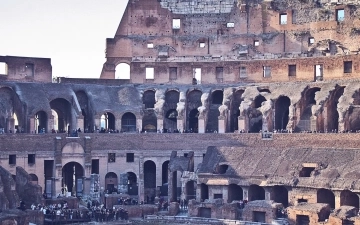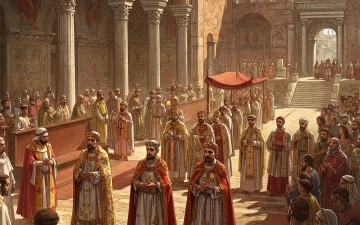Macrinus: The First Equestrian Emperor and His Brief Attempt to Stabilize Rome
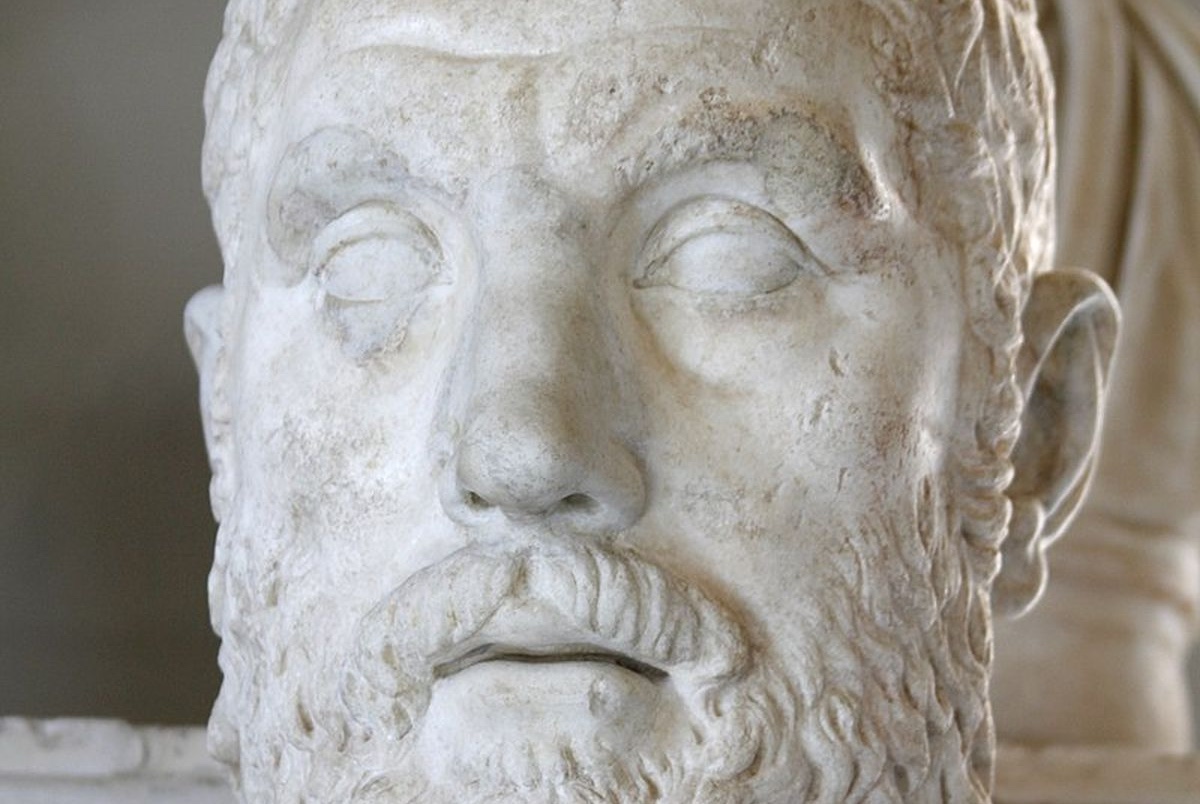
Opilius Macrinus, an unexpected figure in the annals of Roman history, ascended to the imperial throne in 217 AD after the assassination of Caracalla. Unlike his predecessors, who hailed from the senatorial aristocracy, Macrinus was an eques, a member of the equestrian order, a social class traditionally associated with business and finance. His elevation to the highest office in the Roman state marked a significant departure from established norms.
Macrinus was a seasoned administrator and military commander. He had served as prefect of the Praetorian Guard under Caracalla, gaining invaluable experience in the intricacies of imperial power. Upon assuming the purple, he immediately faced a daunting task: restoring order to an empire destabilized by years of tyranny and warfare.
One of Macrinus’ first challenges was to repair the damage inflicted by Caracalla’s extravagant spending. The late emperor's lavish policies had drained the imperial treasury, and Macrinus was forced to implement austerity measures to stabilize the economy. He reduced the size of the imperial bureaucracy, cut back on public spending, and increased taxes to replenish the coffers.
On the military front, Macrinus sought to end the costly Parthian War. He negotiated a peace treaty with the Parthians, which while unpopular in some quarters, brought a much-needed respite from conflict. The resources saved were redirected towards strengthening the empire's defenses along the Rhine and Danube frontiers.
Despite these efforts, Macrinus faced significant opposition. The Praetorian Guard, accustomed to the lavish rewards bestowed by Caracalla, resented Macrinus' austerity measures. The Senate, while initially supportive of his reforms, grew increasingly impatient with his lack of senatorial connections. Most importantly, the Roman populace, weary of war and economic hardship, yearned for a strong and charismatic leader.
Macrinus' downfall was swift and decisive. In 218 AD, he was defeated in battle by the young and ambitious general Elagabalus, who claimed to be the son of the deified Caracalla. The Praetorian Guard, eager to support a new emperor who promised riches and power, deserted Macrinus, and he was executed.
The reign of Macrinus was brief but significant. As the first equestrian to become emperor, he challenged the traditional power structures of Rome. His attempts to stabilize the economy and end costly wars demonstrated his administrative abilities. However, his inability to connect with the Roman people and his failure to secure the loyalty of the Praetorian Guard ultimately led to his downfall.
Macrinus' reign serves as a reminder of the challenges faced by Roman emperors in the 3rd century. The empire was grappling with economic instability, military threats, and a growing sense of crisis. While Macrinus' reforms were essential, they were insufficient to address the deep-seated problems facing Rome.
Related Posts
Pertinax: The Brief Respite in Rome’s Chaotic Succession Crisis
The latter part of the 2nd century AD was a period of profound instability for the Roman Empire. The capricious and tyrannical reign of Commodus had left the empire in a state of disarray. His assassination in 192 CE ushered in a chaotic period often referred to as the Year...
Read MoreThe Colossal Footprint: Exploring the Roman Empire at its Greatest Extent
The Roman Empire, a name that evokes images of gladiatorial combat, sprawling aqueducts, and stoic emperors, wasn't just a powerful state; it was a colossal empire that stretched across continents. But how vast was its reach at its zenith? This post delves into the greatest extent of the Roman Empire,...
Read MoreFrom Ancient Rome To Today: 4 Games Played By Emperors And Their Modern Equivalents
In history, Ancient Rome had rulers who enjoyed games that involved intelligence and risk-taking. The interesting part is that some of these games have now evolved to their modern versions that still entertain people. When we look at the Ancient Roman history of emperors having fun, most of them went for...
Read MoreRoman Emperors and the Importance of the Catholic Jubilee of 2025
Throughout history, Roman emperors have played a crucial role in shaping the world, particularly in their influence over politics, religion, and culture. Their legacy continues to resonate today, especially in the traditions of the Catholic Church. One such tradition is the Catholic Jubilee, a sacred year of forgiveness, renewal, and...
Read MoreBonsai Trees: The Art, Care, and Beauty of Miniature Trees
Bonsai trees are more than just plants—they are living works of art, shaped and nurtured over time to reflect nature’s beauty in miniature form. Originating from ancient Asian traditions, bonsai trees symbolize harmony, patience, and balance, making them a meaningful and meditative hobby for plant lovers worldwide. Whether you're a...
Read MoreBoost Productivity Respectfully: Non-Intrusive Alternatives to Screen Capture Monitoring
Screen monitoring has become essential in modern work environments, particularly with the shift towards remote and hybrid models. Many companies utilize screen capture tools to ensure productivity. But is this the best way to enhance employee performance? Overview of screenshot-based monitoring Screen capture employee monitoring is a popular tool used by managers...
Read More

















